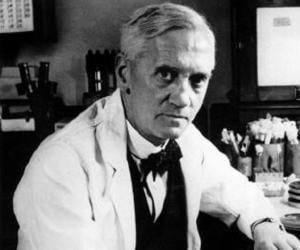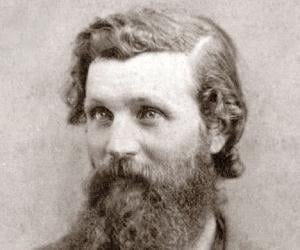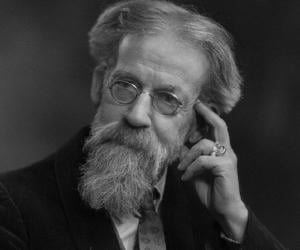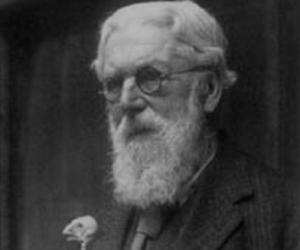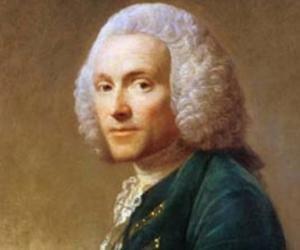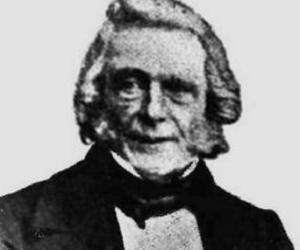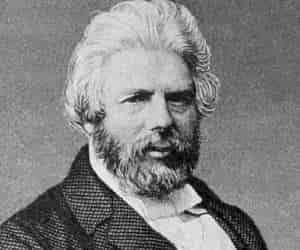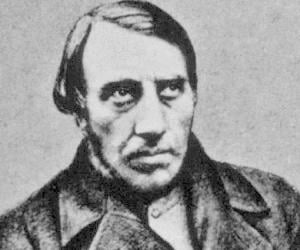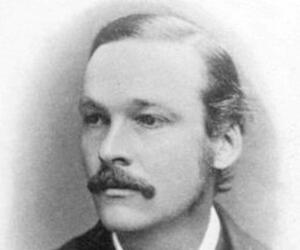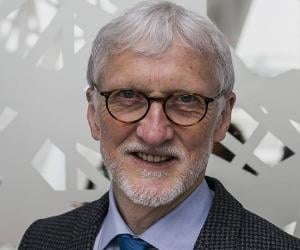1
Alexander Fleming
(Physician and Microbiologist Who Discovered ‘Penicillin’ World’s First Broadly Effective Antibiotic Substance)
Birthdate: August 6, 1881
Sun Sign: Leo
Birthplace: Darvel, East Ayrshire, Scotland
Died: March 11, 1955
Sir Alexander Fleming was a Scottish physician and microbiologist renowned for discovering penicillin in 1928, the first broadly effective antibiotic. This breakthrough was hailed as a significant victory against disease. He shared the Nobel Prize in Physiology or Medicine in 1945 for this achievement. Additionally, he identified the enzyme lysozyme and the bacterium Micrococcus luteus. Knighted in 1944, Fleming was recognized as one of the 100 Most Important People of the 20th century and ranked as one of the greatest Britons and Scots in various polls.
